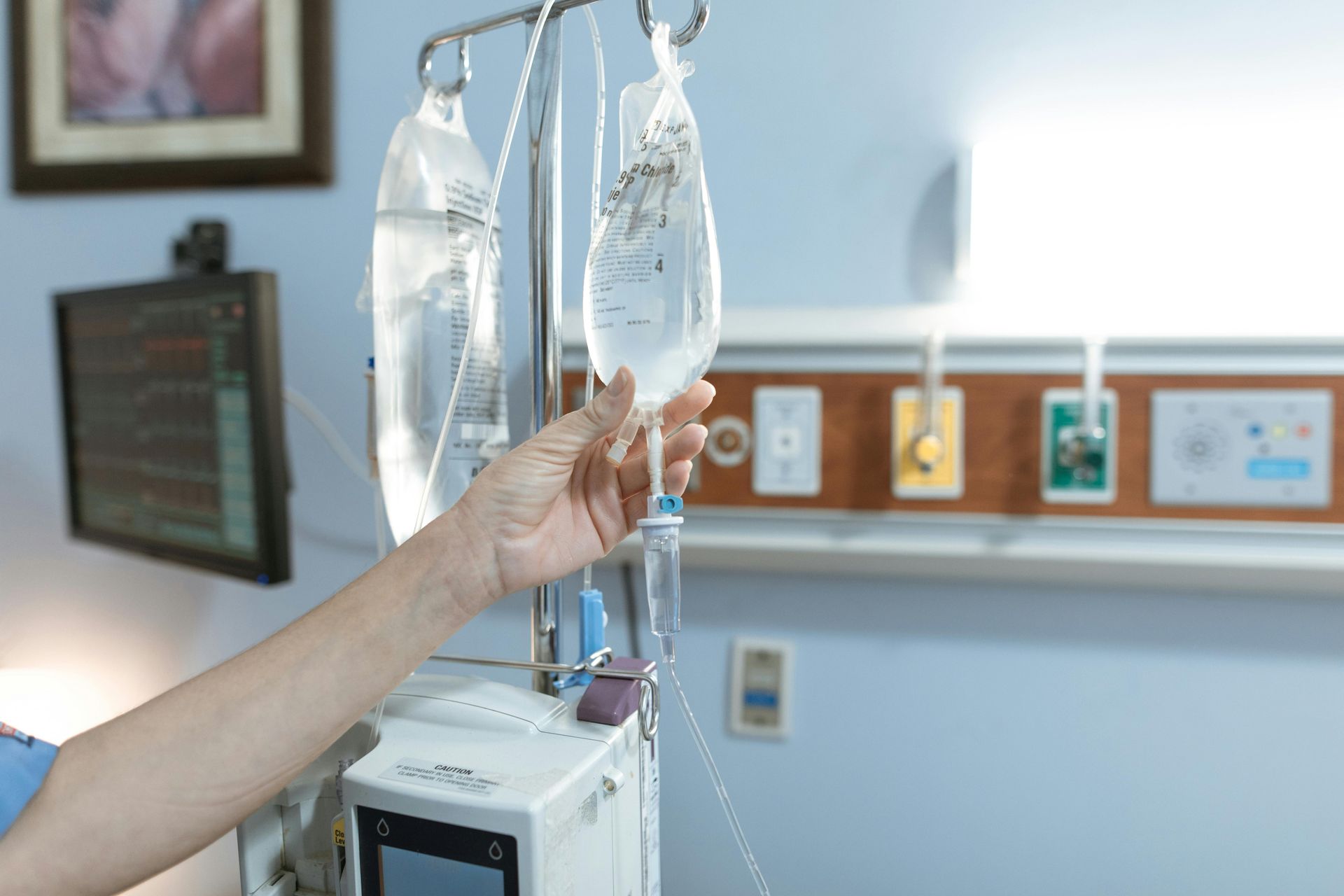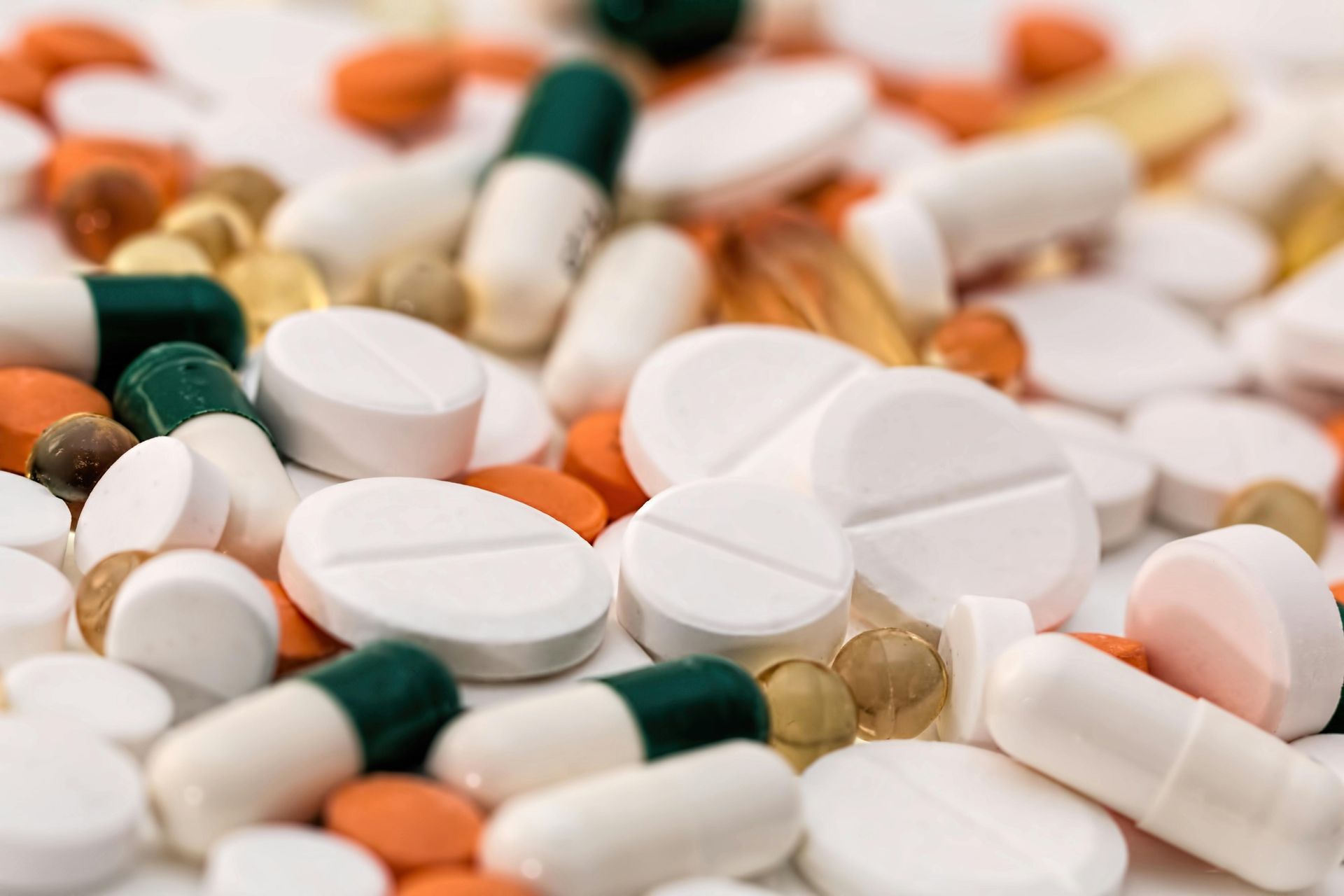Diseases the Reason for Dehydration in Adults
Reason for Dehydration in Adults:
Dehydration can occur for various reasons, but certain diseases significantly increase the risk. Maintaining general health requires an understanding of these disorders and how they affect hydration levels. Although there are many causes of dehydration, some illnesses greatly raise the risk. When your body loses more fluids than it takes in, leading to an insufficient amount of water to perform normal bodily functions. Water is essential for maintaining body temperature, lubricating joints, delivering nutrients to cells, and eliminating waste. Without enough hydration, these processes are disrupted, which can lead to mild to severe health complications.
Types of Dehydration:
- Mild Dehydration: Slight fluid loss that can be corrected by drinking water.
- Moderate D-hydration: Noticeable symptoms like dry mouth, fatigue, and darker urine.
- Severe D-hydration: Life-threatening condition with symptoms like confusion, rapid heartbeat, and low blood pressure.
What Causes Dehydration?
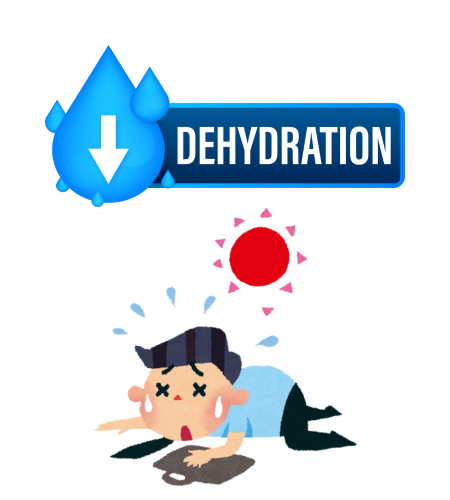
D-hydration happens when the body loses more fluids than it takes in. Common causes include:
- Gastrointestinal Illnesses: Vomiting, diarrhea, and infections like gastroenteritis.
- Chronic Conditions: Diabetes and kidney disorders that lead to excessive urination.
- Fever and Sweating: High body temperatures from infections or heat exposure.
- Medication Side Effects: Diuretics and laxatives can deplete water levels.
What Causes Dehydration?
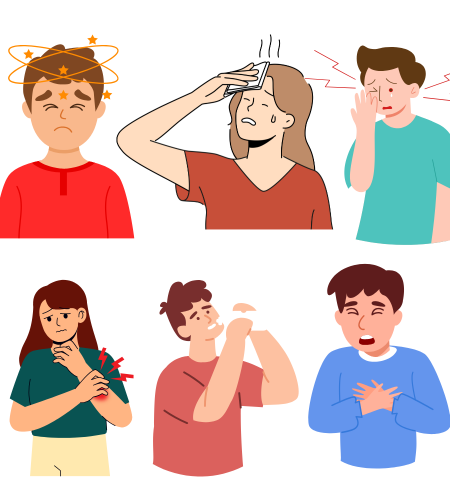
Recognizing the signs of d-hydration early can prevent complications:
- Dry mouth and throat
- Fatigue and dizziness
- Dark-colored urine
- Headache and confusion
- Rapid heartbeat
Re hydrate Fast: How?
Re hydration depends on the severity of the dehydration:
Mild Dehydration:
- Drink water or oral re hydration solutions (ORS).
- Include fruits like watermelon and cucumbers in your diet.
Moderate D-hydration:
- Use electrolyte-rich drinks like sports beverages.
- Avoid caffeine and alcohol, as they worsen dehydration.
Severe Dehydration:
- Seek medical attention immediately for IV therapy or other interventions.
Dehydration Solution With IV Therapy:
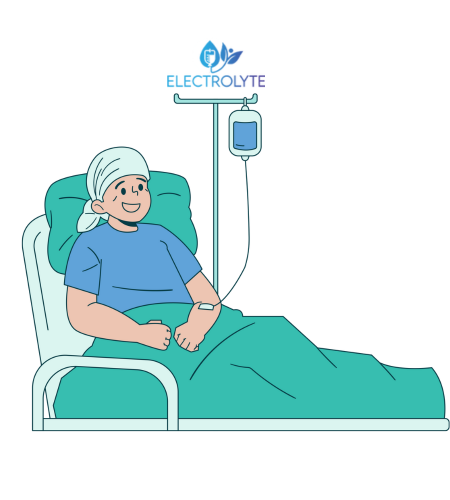
Intravenous (IV) therapy is an effective treatment for severe d-hydration:
Rapid Hydration: Delivers fluids and electrolytes directly into the bloodstream.
Customizable Treatments: Addresses specific deficiencies, such as potassium or sodium.

